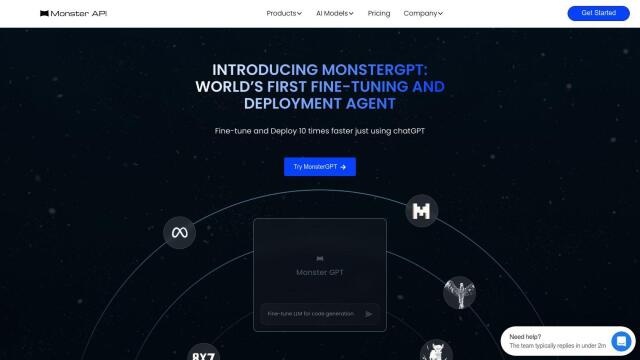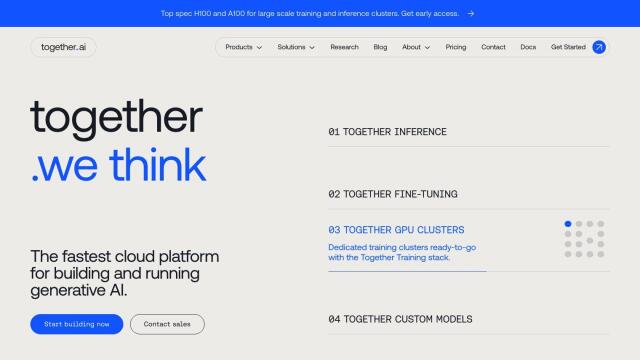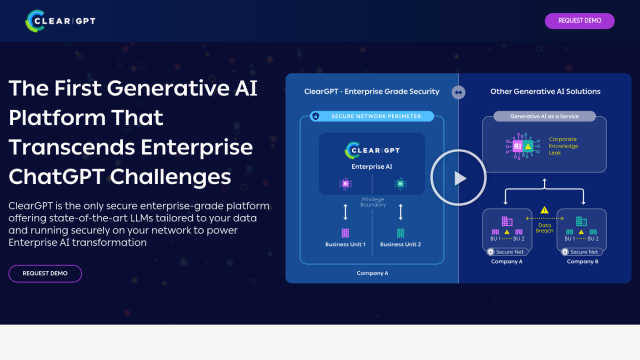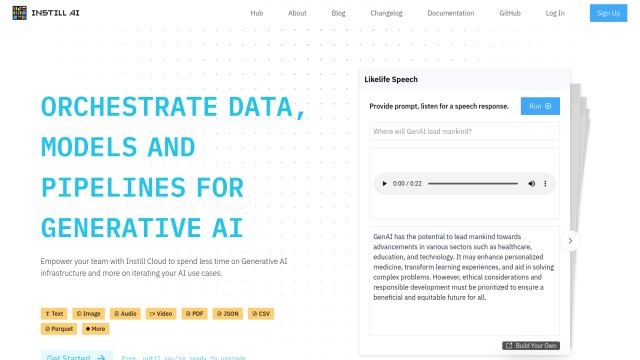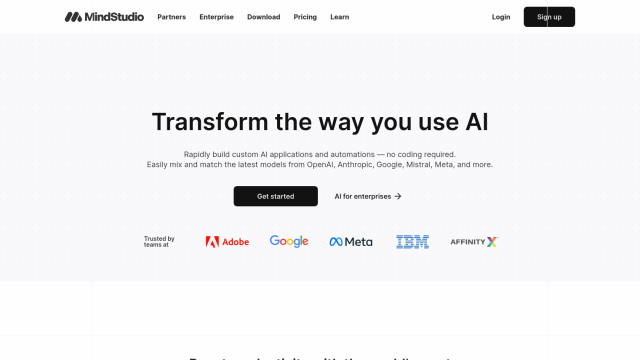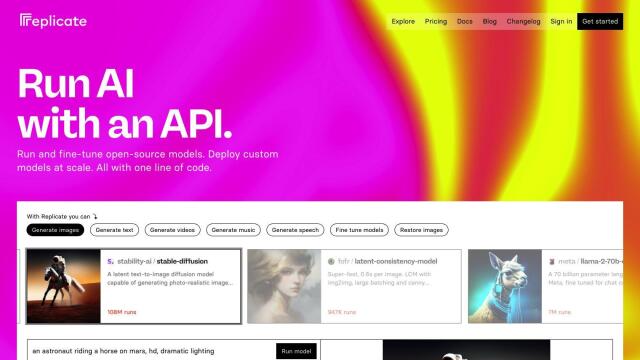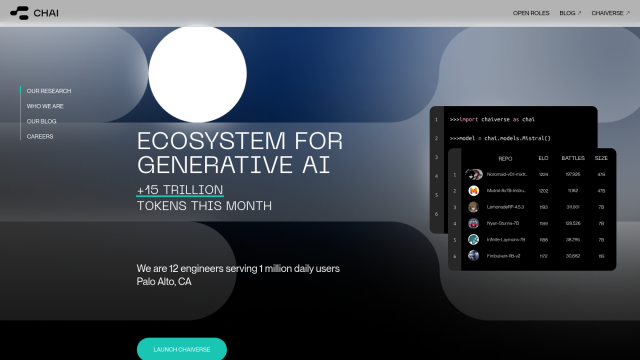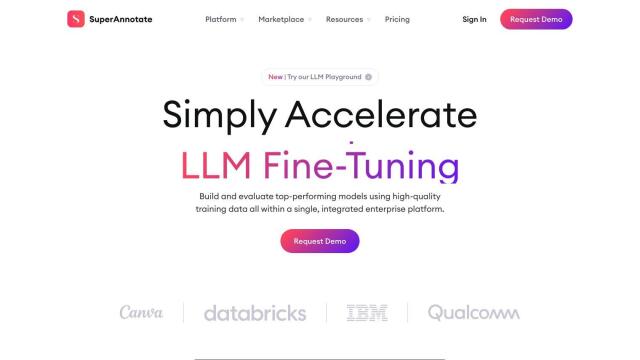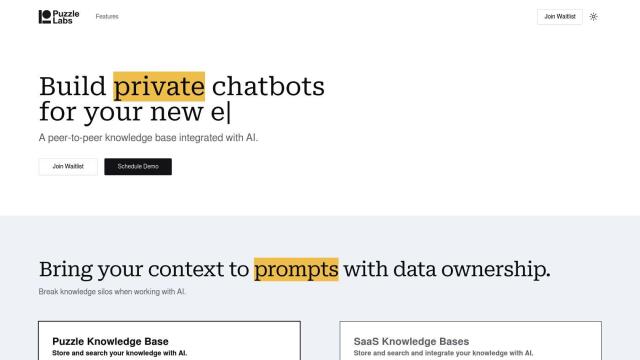Question: I need a platform that allows me to deploy and share conversational AI models in a personal cloud environment.

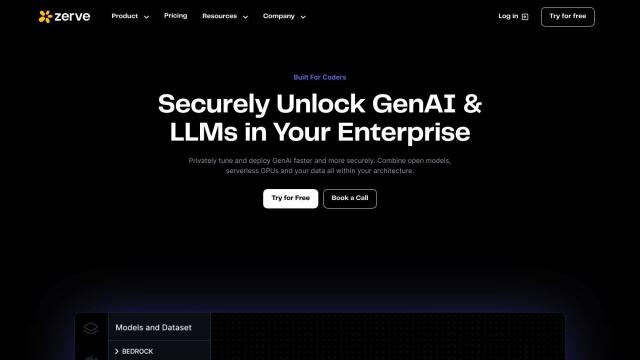
Zerve
If you want a foundation for hosting and sharing conversational AI models in your own personal cloud, Zerve is a good option. It lets you host GenAI and Large Language Models (LLMs) in your own environment for maximum control and speed of deployment. It offers an integrated environment with notebook and IDE abilities, fine-grained GPU control, language interoperability, unlimited parallelization and collaboration tools. You can self-host Zerve on AWS, Azure or GCP instances for better security and infrastructure control.

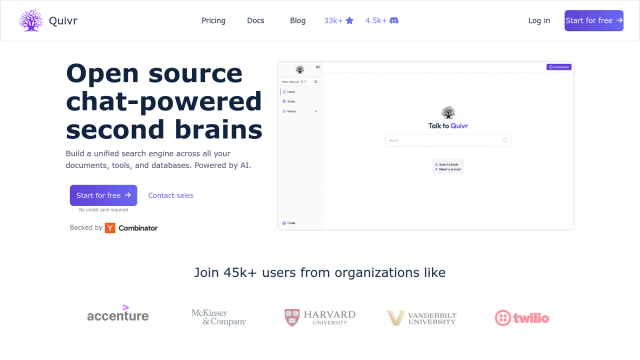
Quivr
Another good option is Quivr, an open-source personal productivity assistant that uses cutting-edge AI technology for private and local interactions with documents, tools and databases. Quivr offers a single search engine, integration with different file formats and applications and the ability to share results securely. It offers different pricing levels and deployment options, including bring-your-own-cloud, to accommodate different needs for security and compliance.


Dify
If you want to build generative AI apps, Dify is an open-source foundation for building and running your own assistants and GPTs. It comes with a visual Orchestration Studio for designing AI apps and secure data pipelines, and it's a good option for businesses and individuals who want to build AI apps securely and efficiently. Dify also can be deployed on-premise for reliability and data security.


Anyscale
Last, Anyscale is a general-purpose foundation for building and running AI apps. Built on the Ray framework, it supports a broad range of AI models and offers cloud flexibility, smart instance management and optimized resource usage. Anyscale's security features and integration with popular IDEs make it a good option for developers who want to run AI apps at scale while maintaining security and governance.





